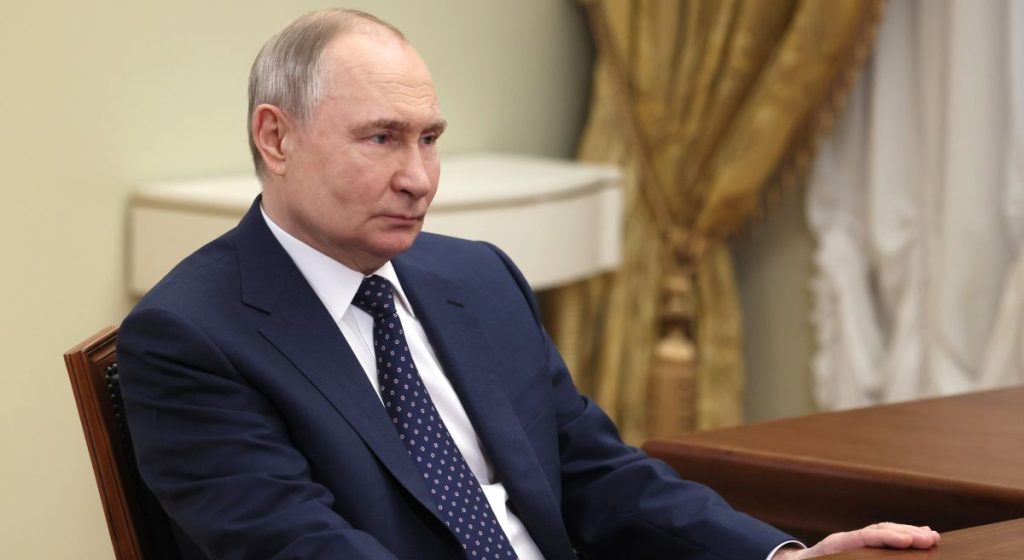Russia’s Foreign Intelligence Service has accused Romania of trying to silence political opponents.
Others are reading now
Russia’s Foreign Intelligence Service (SVR) has accused Romania of suppressing political opposition, describing the country’s recent presidential election as an example of “ideological censorship” in the European Union.
The claim appears in the June issue of Razvedcik (“The Scout”), the SVR’s official publication.
In the article, the election of Nicușor Dan as president of Romania is cited as a case of political repression within the EU, though no specific Romanian political figures are named.
But in a separate message in March, the SVR had openly supported Călin Georgescu, an independent and pro-Russian candidate, and criticized Romanian prosecutors for investigating him.
Also read
The article argues that dissenting voices in EU countries are increasingly being silenced.
“Intimidation of dissidents and political opponents is taking on increasingly ugly forms,” the publication claims, pointing to Romania’s election and a recent French court ruling that disqualified Marine Le Pen from the 2027 presidential race.
EU Accused of Prolonging Ukraine Conflict
The piece, titled The Growth and Decline of the EU, is signed by Aleksei Anatolyevich Gromyko, director of the Institute for Europe of the Russian Academy of Sciences.
It accuses EU leadership of trying to “prolong the Ukrainian crisis as long as possible” and of refusing to accept what it calls Russia’s “legitimate security interests.”
The article suggests that EU countries such as Hungary, Slovakia, and Serbia are being targeted for rejecting the mainstream EU position on Russia.
“Anyone who dissociates from this mainstream becomes a target of pressure and attempts at ostracism,” it states.
Earlier Accusations Involving Călin Georgescu
In March, SVR made a direct statement claiming that European Commission President Ursula von der Leyen had interfered in Romania’s elections.
According to the SVR, von der Leyen allegedly pressured Romanian authorities to ban Georgescu from the resumed elections in May.
The SVR claimed that the EU threatened to restrict Romania’s access to funds if Georgescu remained in the race.
It also warned that similar actions could be taken against other countries seen as opposing the EU’s political direction, particularly Hungary ahead of its parliamentary elections next year.


